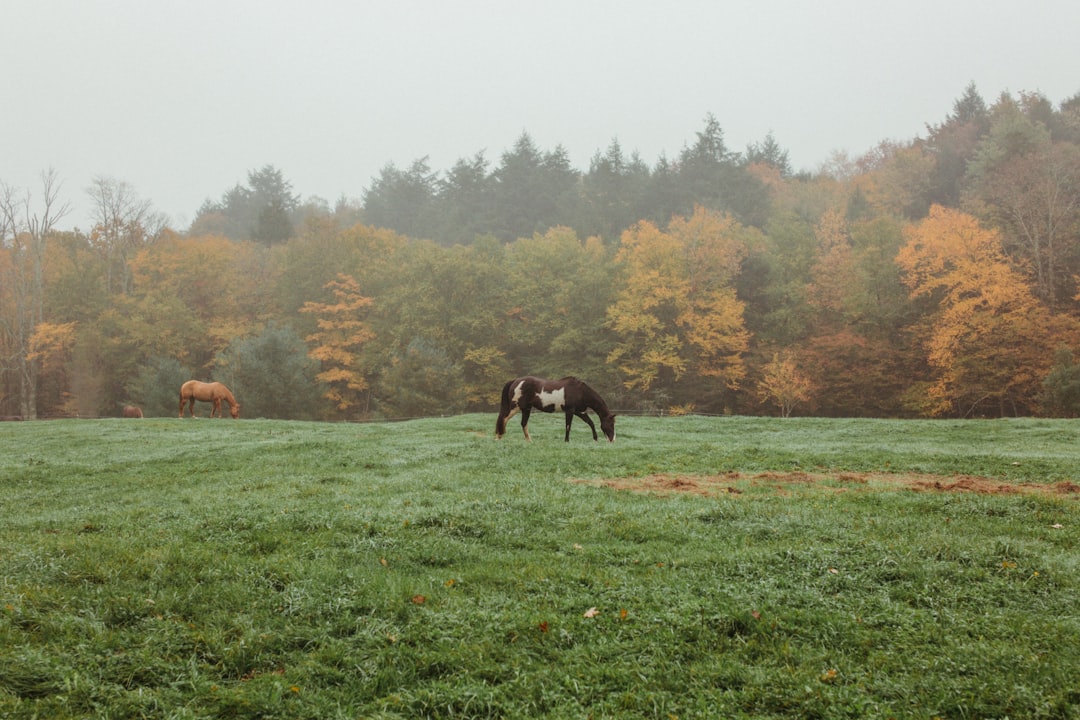Dairy Farm Manager Kaiwhakahaere Pāmu Kau
Dairy farm managers manage farming operations and staff for dairy farm owners.
Dairy farm managers may do some or all of the following:
- organise herd tests
- plan and manage the food cows eat
- manage the health, breeding and mating of cattle, and the raising of calves
- carry out general maintenance such as fencing and spraying weeds
- keep financial and farming records, and organise the farm business plan
- maintain equipment and farm vehicles
- employ and train people to work on the farm
- interact with vets, farm advisers and other contractors
- follow health and safety and wellbeing procedures
- keep up to date with new farm technology, and ways to make the dairy farm more environmentally sustainable.
Physical Requirements
Dairy farm managers need to have a good level of fitness as dairy farm work can be physically demanding.
Useful Experience
Useful experience for dairy farm managers includes:
- any type of farm or farm management work
- animal-handling work
- driving tractors and using machinery
- engineering work such as welding
- work as a stock and station agent – buying or selling sheep, cattle or deer
- managing others.
Personal Qualities
Dairy farm managers need to be:
- confident and caring with animals
- patient, adaptable, practical and well organised
- motivated and able to follow a routine
- able to show initiative and make decisions
- well organised, goal focused and forward thinking
- able to work well independently, and as part of a team
- good at communicating with and managing people.
Skills
Dairy farm managers need to have:
- good animal-handling skills and an understanding of animal welfare and health issues
- an understanding of pasture management
- knowledge of the milking process
- knowledge of milk company standards and safe farming practices
- the ability to drive, operate and maintain farm machinery
- business and accounting skills
- an understanding of sustainable environmental management practices.
Conditions
Dairy farm managers:
- usually start early in the morning and work until late afternoon
- may work long hours during peak times, and can work six days a week
- work on farms and in milking sheds
- work outside with animals, crops and machinery in all weather conditions.
Subject Recommendations
No specific secondary education is required for this job, but agricultural and horticultural science, digital technologies, maths, English and business studies to a least NCEA Level 2 are useful.
Related Courses
Dairy Farm Managers can earn around $63K-$120K per year.
Chances of getting a job as a Dairy Farm Manager are good due to a shortage of people interested in this type of work.
Pay for dairy farm managers depends on experience, level of responsibility and farm earnings.
- New dairy farm managers usually earn between $63,000 and $71,000 a year.
- Experienced dairy farm managers can earn between $71,000 and $120,000.
- Dairy operations managers earn an average of $80,000 a year, and can earn up to $160,000 a year.
Source: Federated Farmers/Rabobank, 'Farm Employee Remuneration Survey', 2018.
Dairy farm managers can progress into other management roles such as operations manager. Some may buy and run their own farms.
Dairy farm managers can specialise in a number of profit-sharing and management roles, such as:
- Dairy Operations Manager
- Operations managers are responsible for meeting farm owners' business goals, and other farm management functions such as ensuring farms meet resource requirements.
- Contract Milker
- Contract milkers pay for a percentage of the farm costs (without owning the cows) and receive a set reward per kilogram of milk solids.
- Sharemilker
- Sharemilkers either milk a dairy farmer's cows for a profit share, or own a herd of cows and milk them on an owner's land for a profit share.
- Dairy Farm Owner
- Farm owners own their own dairy farm and farming business, and may employ staff to run their farming business.
Years Of Training
There are no specific requirements to become a dairy farm manager as you can gain skills on the job. However, a relevant training course in agriculture, dairy farming, agribusiness or farm management is recommended.
Dairy farmers will often train inexperienced people if they have a can-do attitude and willingness to learn. Most dairy farmers offer their employees training through the Primary Industry Training Organisation (Primary ITO), which oversees apprenticeships.
A business, science or agricultural related certificate, diploma or degree in science, commerce, business or economics will help advance your dairy career.
Apprenticeships
Apprentices earn while they learn and develop their skills and career prospects through on-the-job experience over two or three years. Apprenticeships are available through different dairy industry organisations and companies.
On-the-job training
Dairy farm managers may choose to study towards a qualification while working, and attend farming discussion groups.

 Wairarapa College
Wairarapa College